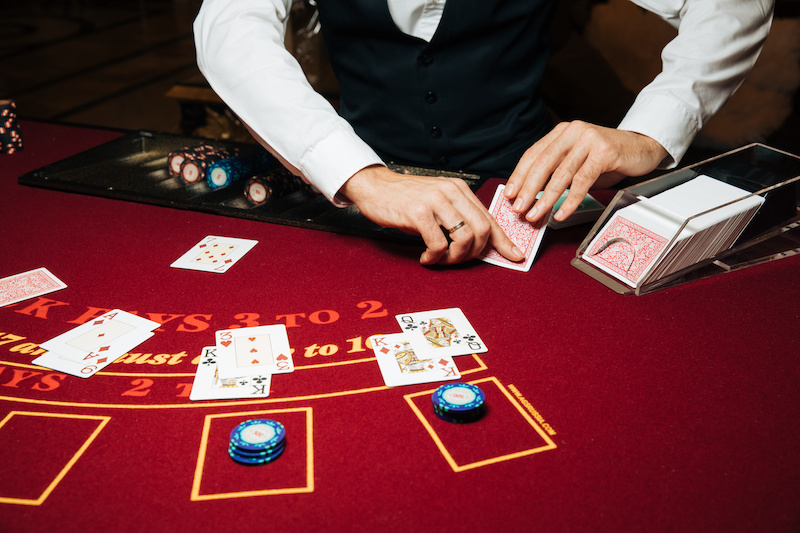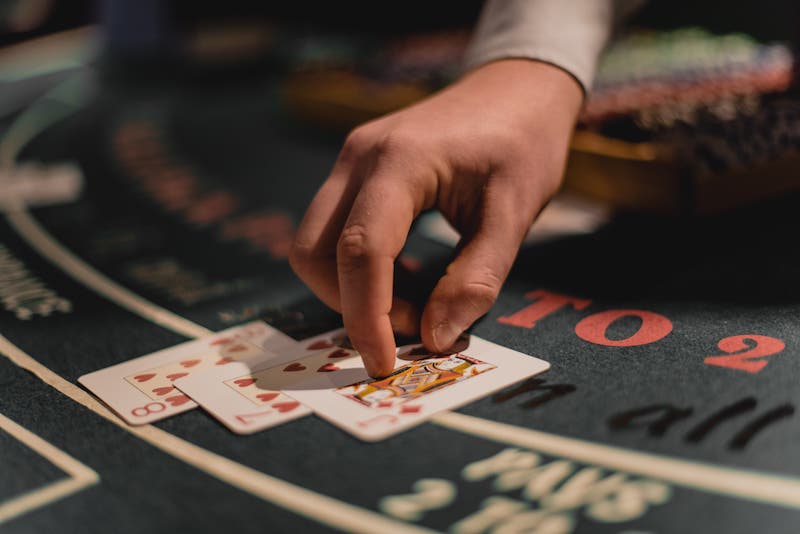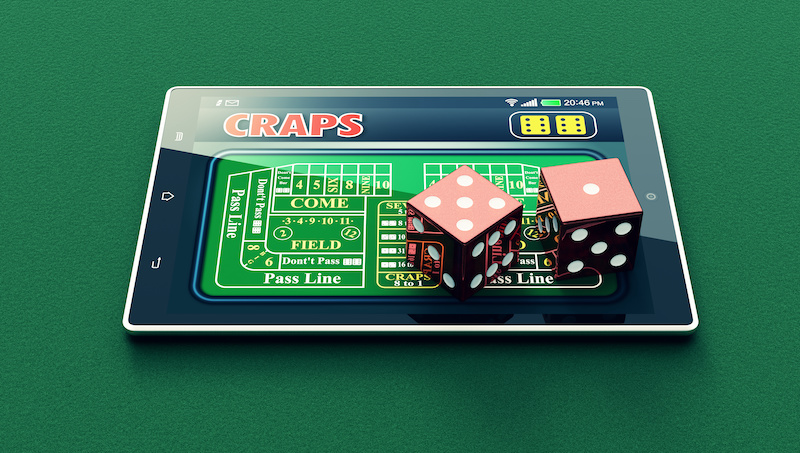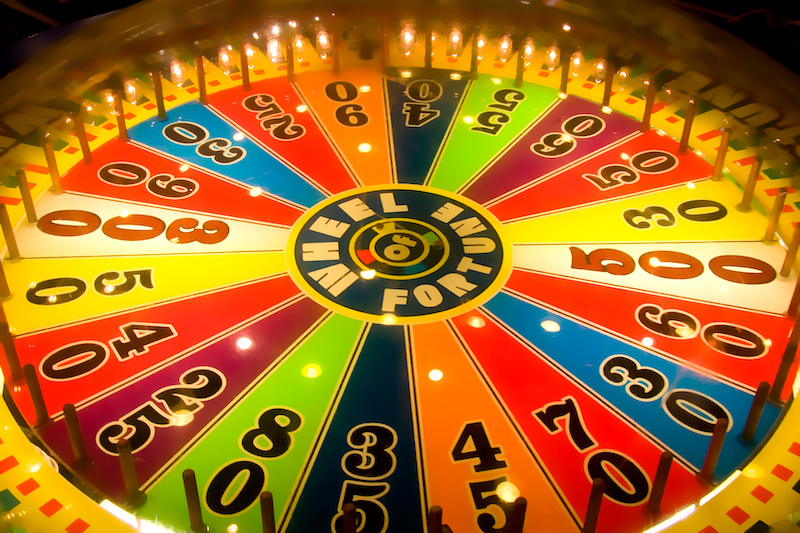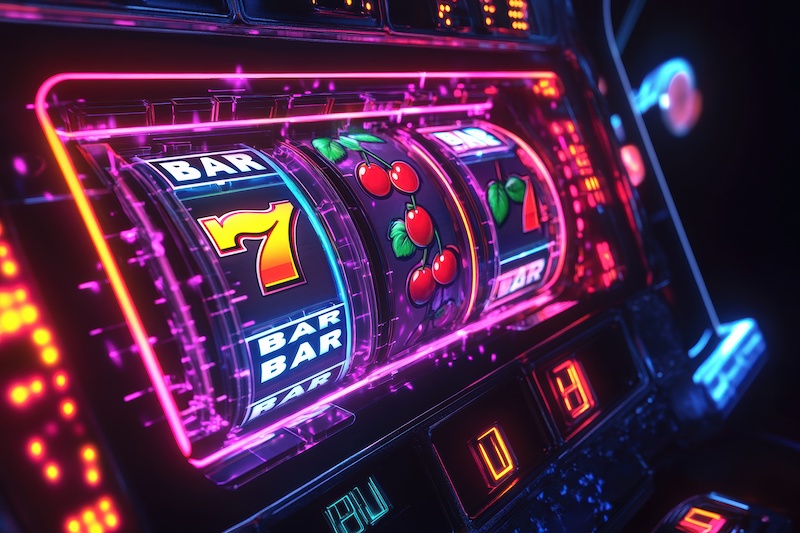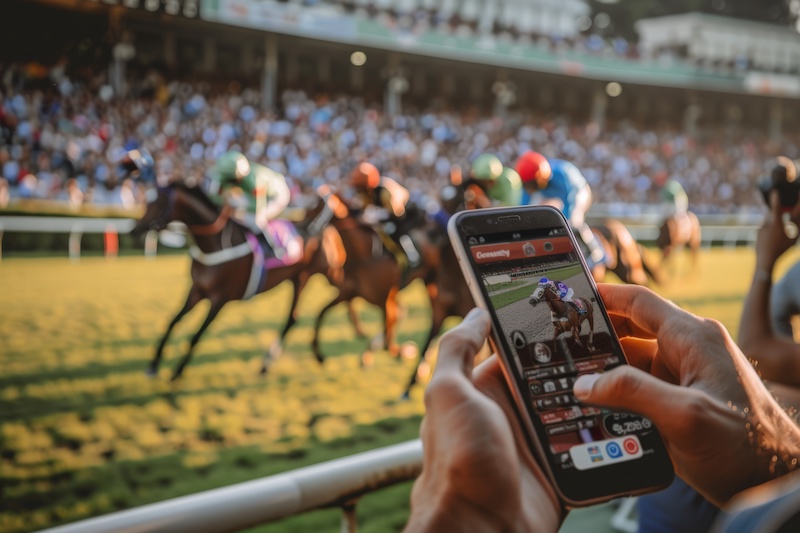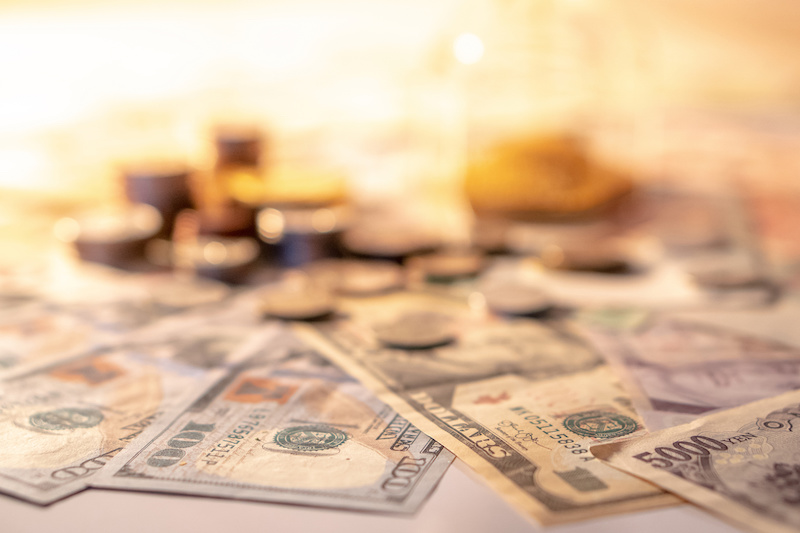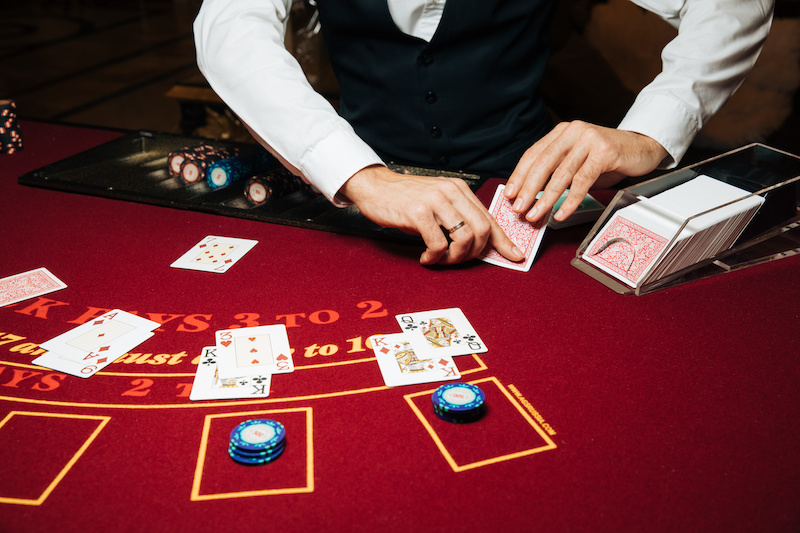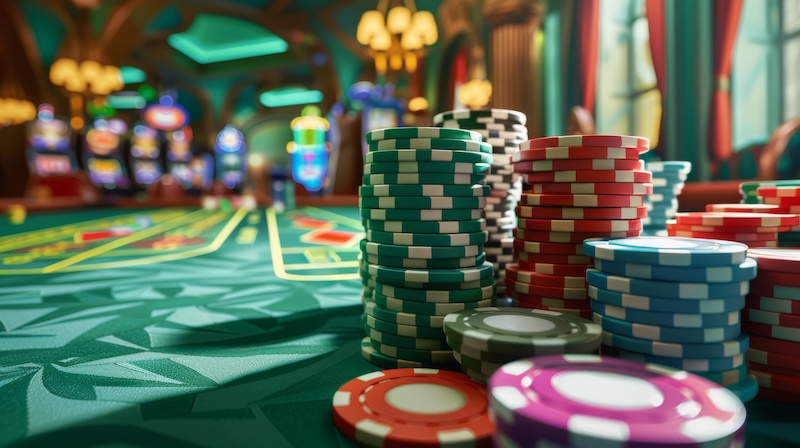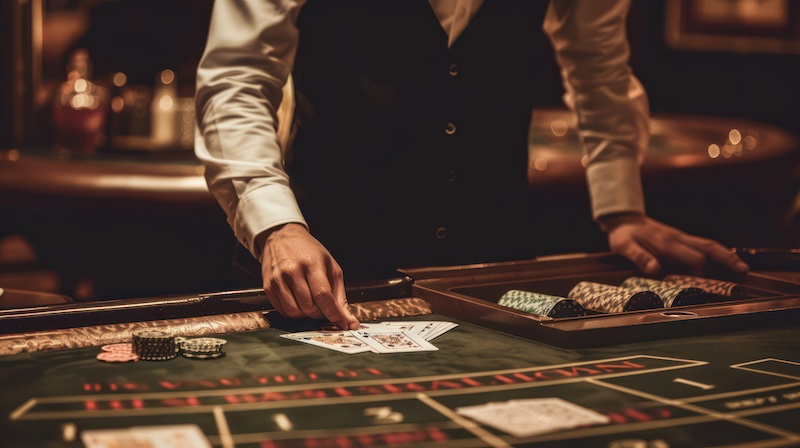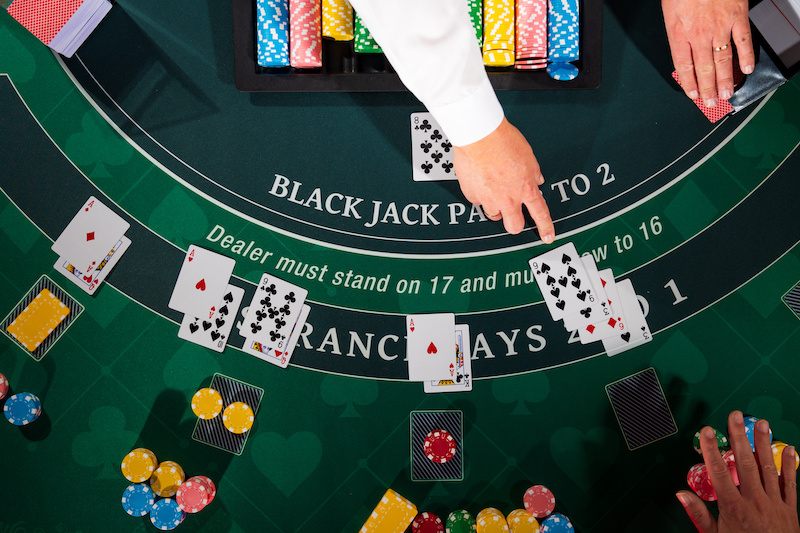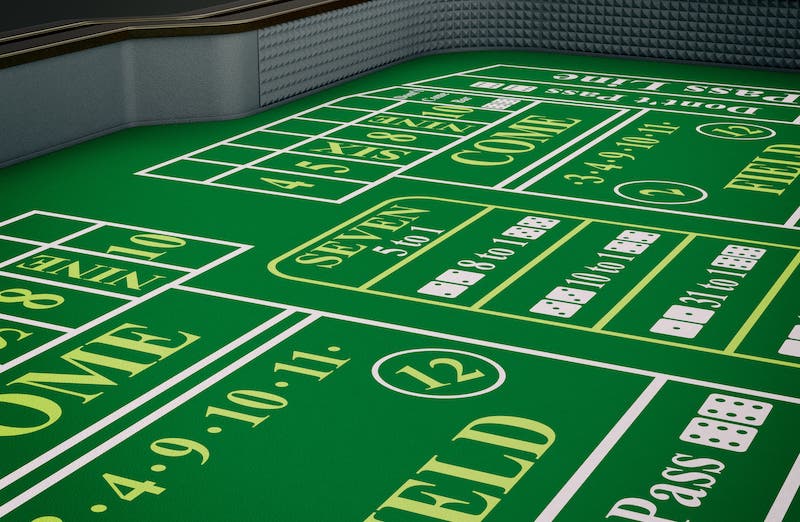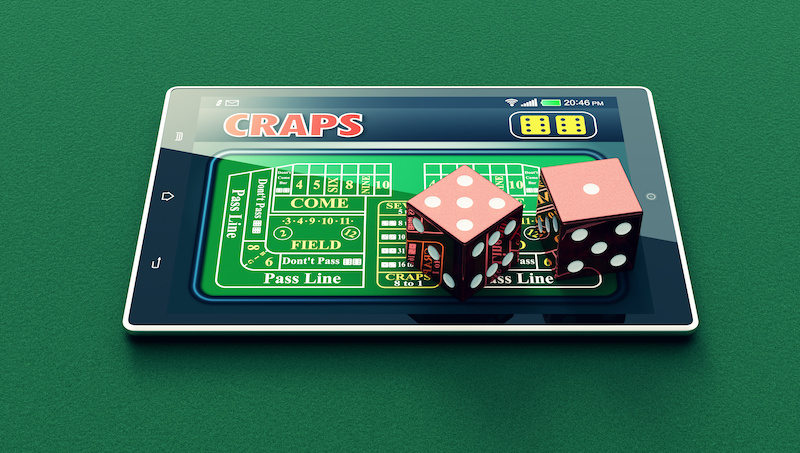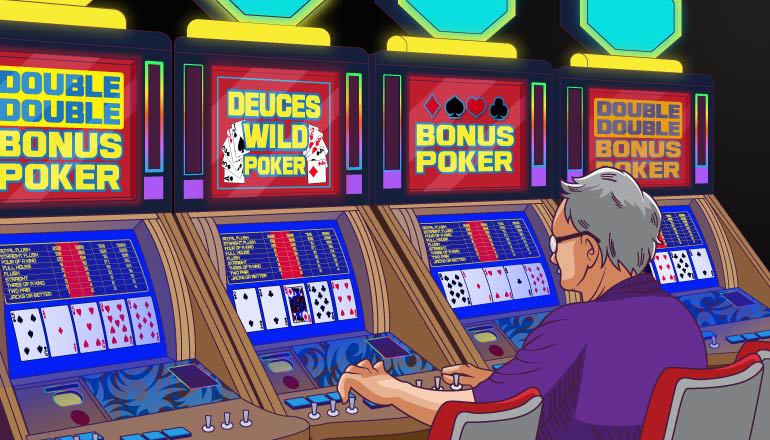I arrived curious, not sold. I read, spun, compared — and asked what actually matters when you play online slots. This is a first-look review of Blueprint slots — Blueprint Gaming’s online catalog of blueprint gaming slots — how the company’s casino games feel, how the math works, which titles to try, and how to pick smarter.
I’m writing this because mastery in online slots isn’t luck; it’s the quiet power of understanding. I did the deep work so you can play with intent.
Why this review matters
I’m not here to hype a catalog; I’m here to translate it. If you play, you’ll leave with picks that match your mood and bankroll. If you run a lobby, you’ll see how the portfolio fits together — mechanics, cadence, placement.
If you play, curate, or are slot-curious, this is written to help you act — not guess. Next up, the studio “signature” so you can spot a Blueprint game in the wild.
Studio Signature: how the games wear their math
Think fashion: a house with a recognizable cut. Blueprint Gaming has one — familiar brands, tuned mechanics, rhythm-first pacing, readable volatility. You often feel the variance before you read it. With the vibe set, let’s meet the company behind it.
About Blueprint Gaming
Blueprint Gaming is a UK slot studio inside a major European gambling group. It builds for regulated markets and ships to leading online slots lobbies. A sister arm supports retail cabinets, so themes can land on both floor and phone.
- Ownership & licensing – Blueprint operates as a licensed B2B supplier within UKGC and MGA frameworks.
- Distribution – The pipes are simple: a studio remote game server, big aggregators, and a US partner for state-by-state access.
- Positioning – Regulated, mobile-first, brand-led — built to read fast and scale across markets.
What Blueprint offers beyond games
Portfolio breadth. Branded IP, 10-line classics, and Blueprint Megaways slots sit beside lines like Power 4 Slots, Fortune/Power Play, and Prize Lines — useful when you’re curating pace and volatility.
Jackpot systems: Jackpot King vs Rapid Fire
- Jackpot King: pooled progressive jackpots with crown-chase drama.
- Rapid Fire: smaller, more frequent jackpots and stake multipliers; a quicker pop cadence.
Custom builds & exclusives – Blueprint retools hits for tier-one lobbies — keeping carousels fresh and on-brand.
Distribution – Titles ship via the studio platform and aggregators; a partner distributor carries a Blueprint-powered catalog into North America.
How Blueprint Gaming slots feel to play
Blueprint builds for three moods:
- Calm rhythm – 10-line comfort games (Fishin’ Frenzy family).
- Adrenaline – Return of Kong Megaways, Diamond Mine Megaways — pace and ceilings.
- Jackpot theatre – Any theme carrying Jackpot King or Rapid Fire.
Mechanics you feel before you name them
- Megaways slots – expanding reels, cascades, rising multipliers.
- Prize Lines – five spins to fill a grid; bank or continue.
- Power 4 Slots – four windows at once — check the per-window stake.
- Jackpots – Jackpot King for headline moments; Rapid Fire for frequent pops.
If you’re easing in, Fishin’ Frenzy: The Big Catch 3 is my benchmark for Blueprint’s 10-line cadence — clean reads, simple decisions, and bonus hunts that don’t bully your bankroll.
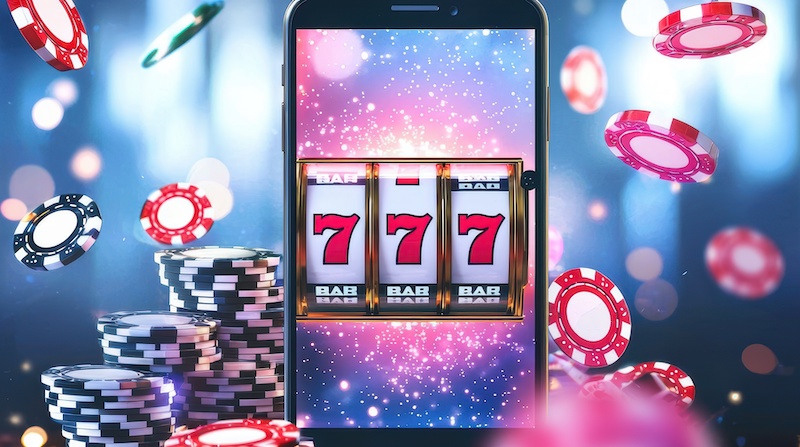
What players say about Blueprint slots
Across blogs and forums, the chorus is steady: readable pace on mobile; licensed themes that actually play; frequent modifiers; honest-feeling near-wins. The flip side: Jackpot King builds can feel streaky — droughts, then drama — and fish/collect titles blur if you binge. Clear RTP info earns trust.
On online slot jackpots, Rapid Fire gets love for little sparks that keep sessions lively; Jackpot King is the crown-chase event. Compared with Pragmatic Play, Blueprint feels less relentless but more modular; versus NetEnt, more feature-forward and volatile for those considering their slot strategies.
Player personas: pick your lane
If you’re hunting the best Blueprint slots 2025, start here.
| Player type | Best Blueprint pick |
| Casual spinner | Fishin’ Frenzy: The Big Catch 3 |
| Feature hunter | Return of Kong Megaways |
| Jackpot chaser | Diamond Mine Megaways – Jackpot King |
| Nostalgia fan | The Flintstones™: Bedrock Riches |
Recent releases worth noting
Across Blueprint Megaways slots and comfort classics, these recent drops stand out:
- The Flintstones Bedrock Riches. Nostalgia with cash-collect and an upgrade trail— brand that actually plays.
- Fishin’ Frenzy: The Big Catch 3. 10-line DNA with pre-bonus upgrade reveals — session-friendly.
- Return of Kong Megaways/Diamond Mine Megaways. Evergreen pace picks with cascades, modifiers, real bonus ceilings.
Design philosophy: how Blueprint slots are built
Familiar, then evolved; mobile first; regulated by design. Brand recognition opens the door; tuned math keeps you in the room. Leadership pushes stronger franchises and jackpot choice — you can see that strategy on the reels. Call it the studio ethos: familiar brands, mechanics doing the heavy lifting, sequels that get tighter — not louder.
The craft behind the reels
- One honest sentence. Every good slot starts with a promise you can feel on spin one.
- Math shapes emotion. Hit rate, bonus cadence, RTP bands, variance.
- Mechanics as language. Megaways = momentum; collect-and-upgrade = light progression; picks add agency; jackpots add a parallel story.
- Art & sound teach fast. Clear states on a phone; near-win hums and scatter stings guide attention.
- Prototype, test, cut, simplify. Confusing features go; onboarding becomes one clean nudge.
RTP, variance & how Blueprint compares
RTP quick glossary:
- RTP = long-term return over millions of spins (not your session).
- Variance = swing size and frequency.
Most modern online slots ship with multiple RTP configurations by market or operator — often mid-96% as a headline band, with lower variants and sometimes a drop when a progressive overlay is present.
How Blueprint stacks up
- Flexibility: Blueprint RTP settings arrive in several bands to meet local rules without killing character.
- Overlays: Jackpot King and Rapid Fire can trim displayed RTP slightly in exchange for jackpot theatre or frequent pops.
- Peers: Many rivals use ranges; what differentiates Blueprint Gaming is how readable the volatility feels on spin one.
Remember: open the info panel at your casino and check the RTP/version before you spin.

Smart ways to play
Quick tip: before you spin, open the info panel. Blueprint often runs multiple RTP versions — your long-term returns depend on it.
- Check RTP at your site.
- Pick your lane and budget for it.
- Decide your jackpot stance early. Jackpot King for headline chases; Rapid Fire for frequent pops.
- Use the tools. Set spend/time limits and reality checks.
Want a calm baseline before chasing variance? Start with 50 low-stake spins on Fishin’ Frenzy: The Big Catch 3 to feel the pace.
Operator strategy and distribution
- Cadence choice. Crown-chase jackpots beside frequent-hit Rapid Fire broadens appeal.
- Customisation. Partner-specific versions support campaigns.
- Campaign alignment. Exclusive drops map neatly to promos.
- Omnichannel & US. Cabinets and online releases coordinate for recall; a distributor handles regulated states.
What makes Blueprint unique (and good)
- Signature cadence. Volatility you can sense early; wins paced to feel honest, not noisy.
- Brand with backbone. Licensed IPs arrive with mechanics that earn the theme.
- Dual jackpots. Jackpot King and Rapid Fire serve different appetites.
- Format variety. Prize Lines and Power 4 Slots add session shapes most rivals don’t match.
| Feature | Blueprint | Pragmatic Play | NetEnt |
| Jackpot cadence | Jackpot King (headline) & Rapid Fire (frequent) | Prize drops & promos | Pooled progressives |
| Branded IP approach | IP with mechanics that earn the theme | High-volume, promo-ready | Cinematic licensed titles |
| RTP approach | Multiple bands by market | Varies by title/market | Varies by market |
| Session feel | Modular, readable volatility | Relentless, fast cadence | Polished, feature-rich |
What to watch in 2025–2026 (and the decade ahead)
- More Rapid Fire rollouts; headline IP where mechanics justify the brand; sequels tuned by live telemetry; big-account exclusives; day-and-date retail/online drops.
- The decade ahead. The three-lane model widens: modular jackpots with adjustable cadence; clearer in-game volatility and RTP labels; deeper market math; cleaner mobile UX; beyond collect loops — more trails, symbol upgrades, evolving mid-session systems.
Final Spin
Blueprint doesn’t just build slots. It builds moods. I just mapped them.
Blueprint Gaming covers calm sessions, adrenaline runs, and progressive jackpots with clear intent. With blueprint gaming slots, the design does the talking. Check RTP, pick your lane, play to your preference — and turn curiosity into good sessions.
If this article interests you, explore other topics like blackjack side bets and craps strategy.

